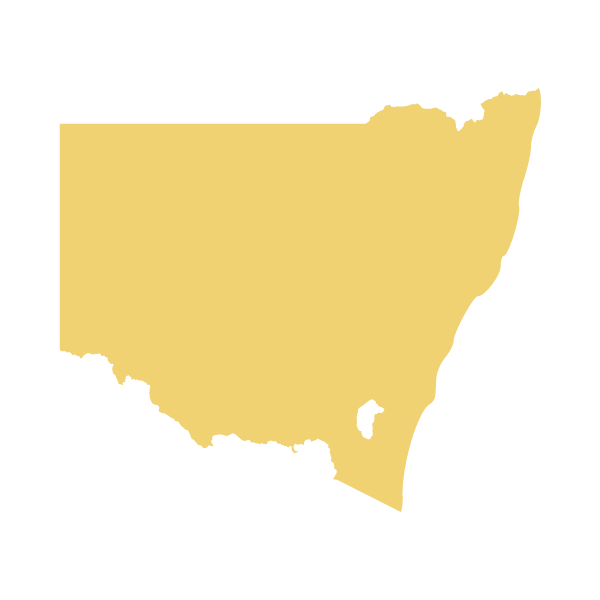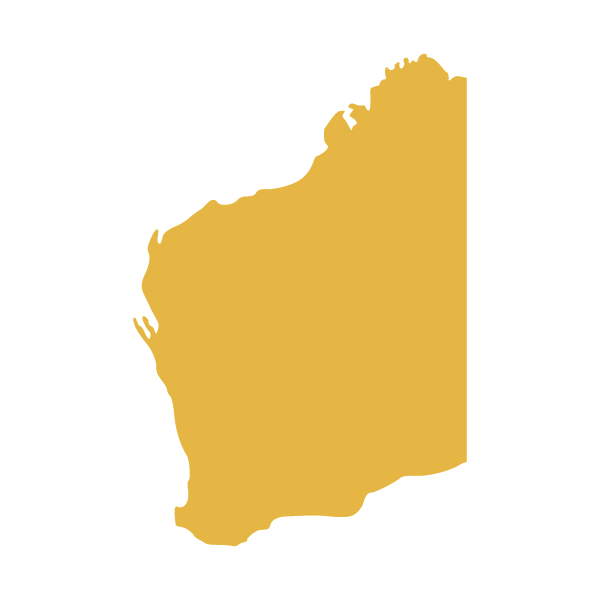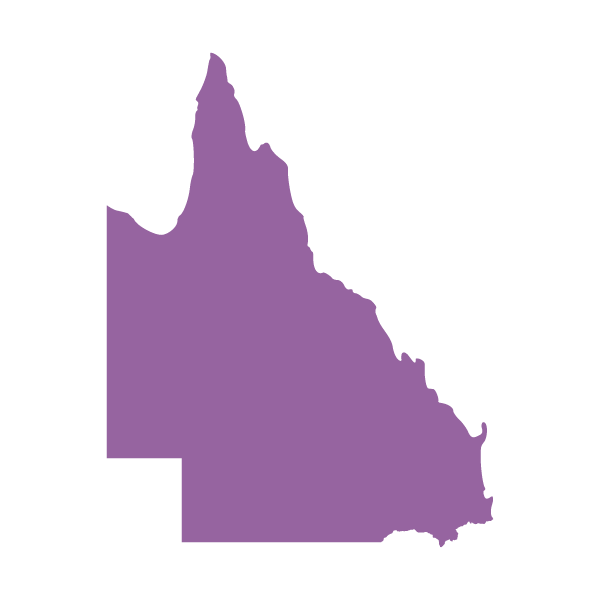Refunds and COVID 19

Contracts and COVID: We can’t refund 2020/21 but what about the holidays cancelled due to border closures and lockdowns?
The outbreak of COVID-19 has wreaked havoc on the travel industry, as holiday-makers and operators struggle with ever-changing safety protocols, border closures, and lockdowns. Planes have been grounded, tours cancelled, accommodation venues closed.
Figures from Austrade show that parts of the industry have seen a near total loss since the pandemic began. However, our appetite for travel remains strong. Two thirds of Australians feel that domestic travel is safe and half intend to book a trip within six months.
Fingers crossed, it will go ahead smoothly and you can enjoy a well-deserved break. However, if COVID rears its ugly head again, here are the key things you should know about refunds.
- Always check terms and conditions
The tourism industry is currently offering incredible deals in a bid to kick-start the local tourism industry and entice domestic travellers to explore their own backyards. However, often these prices come with strict limitations around dates. Make sure you read the fine print, including the refund policy, before you book. This will ensure you’re clear about your options.
- Wait for your airline to contact you
At this point, airlines are pros at dealing with cancellations. Each time an outbreak occurs, customer service teams scramble to provide updates and help customers make new plans, so keep an eye out for an email or text message which will set out your next steps. Airlines have suffered a big hit, so it’s better to reschedule your trip or ask for flight credits you can use at a later date instead of cancelling your trip entirely. Here are some more helpful resources:
- Qantas Coronavirus Travel FAQs
- Virgin COVID-19 Travel Hub
- Jetstar COVID-19 Help Hub
- Rex Covid Refund Guarantee Policy
- Reschedule your trip if possible
It’s a similar story with accommodation and activities. If your trip has been cancelled, send an email and wait for the provider to call you back. All operators have slightly different policies, so start by checking the website. Airbnb, for example, no longer considers Coronavirus to be an “extenuating circumstance”, which means it’s no longer issuing refunds for COVID-related cancellations. Your best bet is to keep your booking details handy, so you’re ready when the operator calls, and try to figure out some alternative dates that might suit to re-book your trip.
- Beware of insurance exclusions
Generally speaking, travel insurance is a good idea. However, because a pandemic represents a significant and ongoing risk, it’s unlikely your policy will cover you for COVID-related issues. Read the product disclosure statement (PDS) and call the provider with any questions.
- Escalate the issue only if necessary
We’re all in the pandemic together. Most businesses are very reasonable and will work with you to make the rebooking or refunding process as smooth as possible. However, if you’ve checked all the terms and conditions and you’re still unable to resolve a dispute over refunds, you can lodge a complaint with NSW Fair Trading, which may help you negotiate an agreement.







